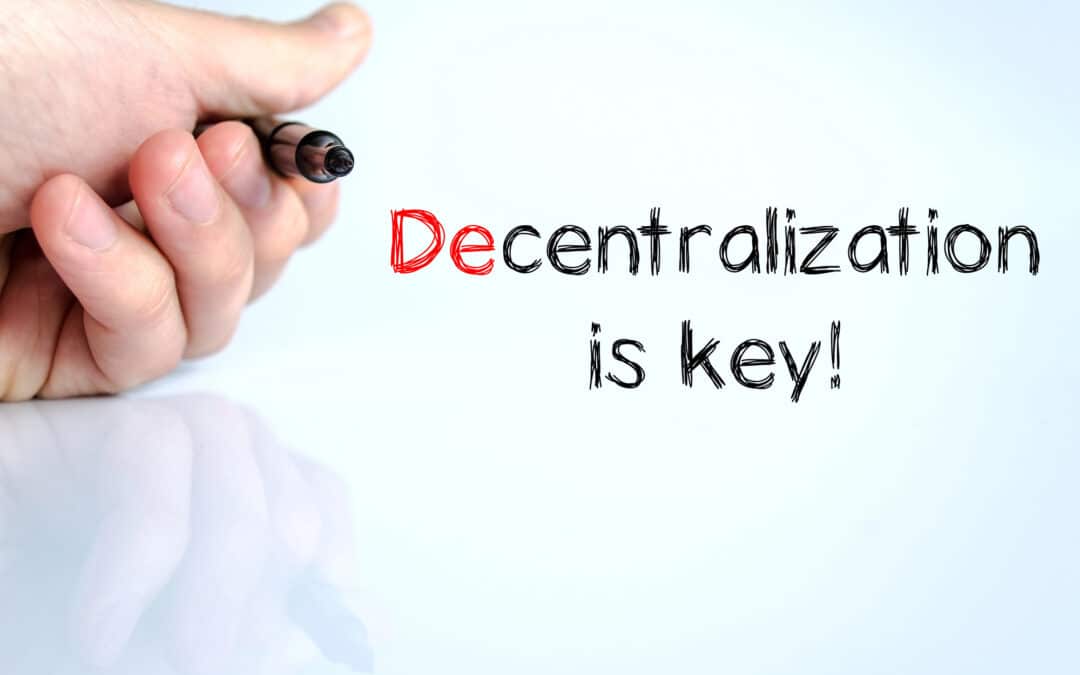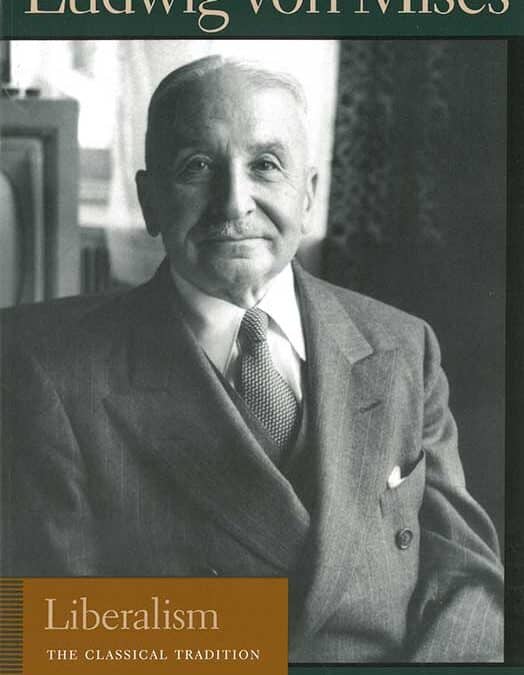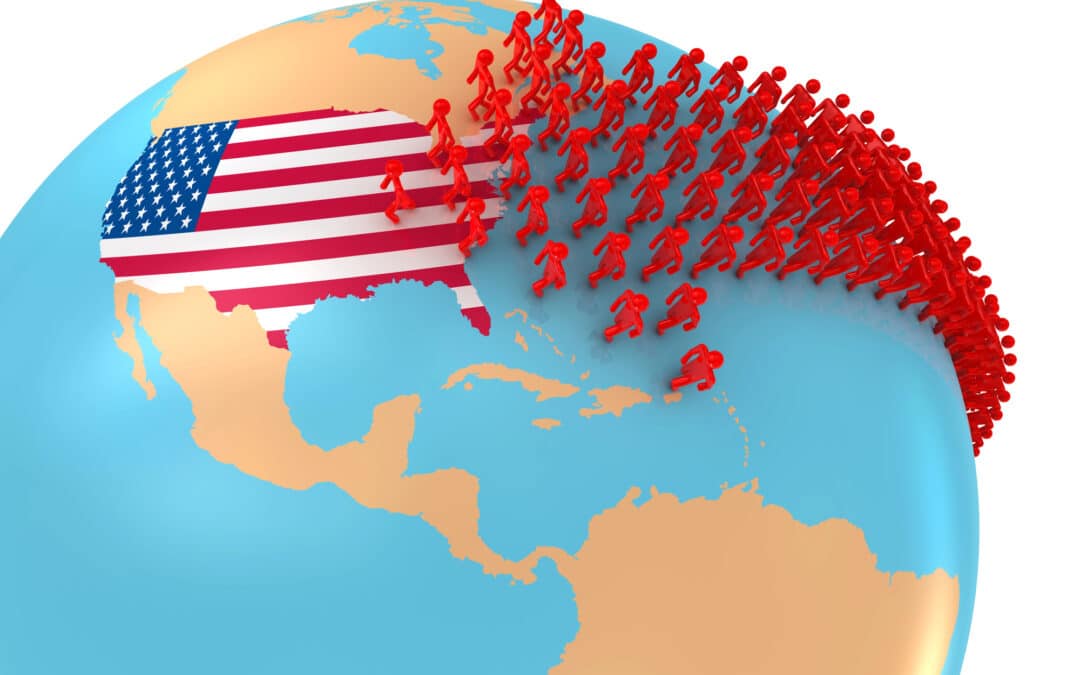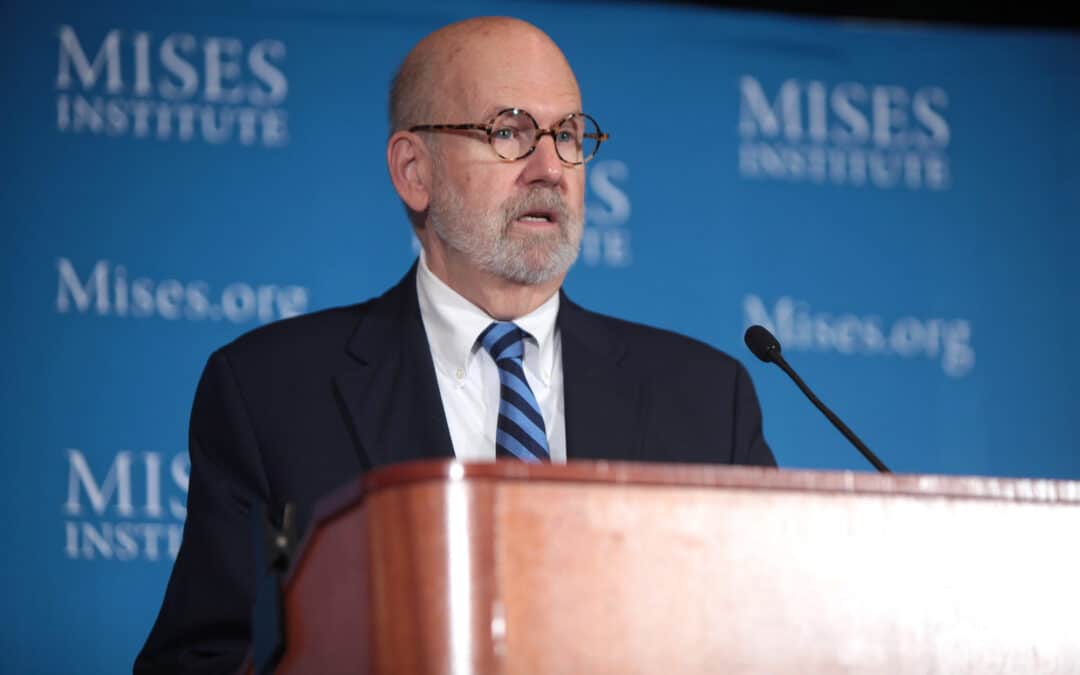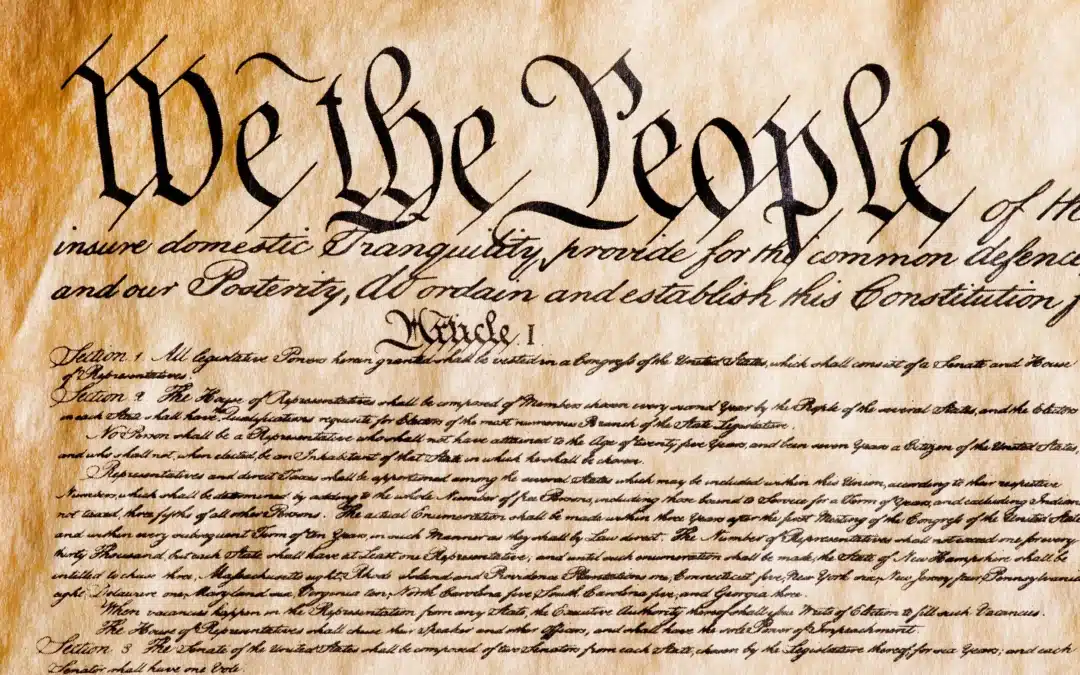Decentralization, or localism, is based first on the extended family or household; when grouped with other clans, this became a locality creating laws organically for the benefit of all. On the other hand, centralization occurs when forces far from these...
